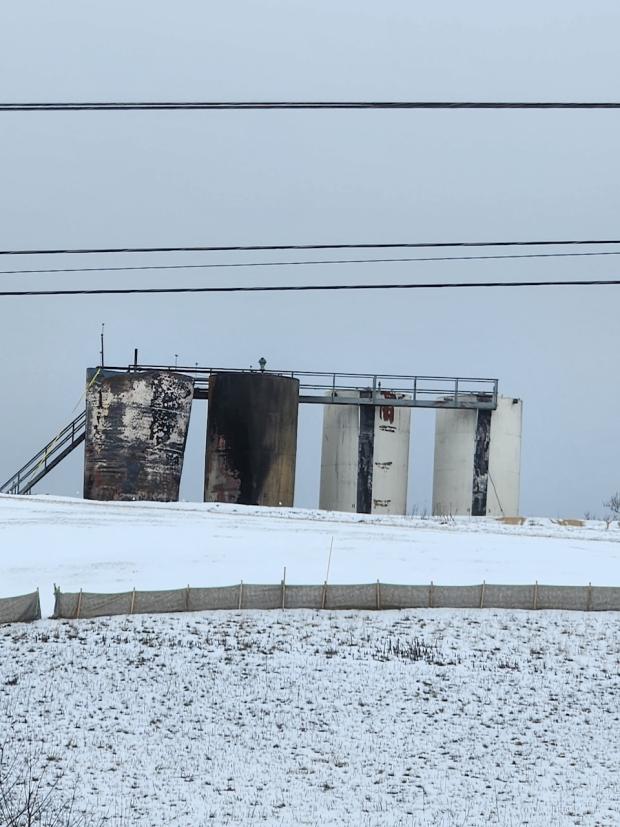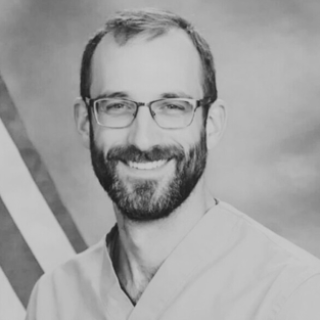Save Ohio Parks and 29 Organizations Demand Moratorium on Fracking Ohio State Parks and Public Lands
Save Ohio Parks and 29 environmental and advocacy organizations from across the state have delivered a letter to Gov. Mike DeWine demanding a moratorium on new or pending nominations, bids and leases to frack under Ohio’s beloved and pristine state parks and public lands.
“The Oil and Gas Land Management Commission has never discussed in a public meeting nine criteria it is mandated by statute to considered in deciding whether to frack Ohio’s state parks, wildlife areas and other public lands,” said Cathy Cowan Becker, president of the board at Save Ohio Parks. “An explosion last month at Gulfport well pad just five miles from Salt Fork State Park demonstrates how dangerous this industry can be. Public records show an average of 250 reported gas and oil accidents per year since 2015- one every 1.5 days.”
Save Ohio Parks is a statewide 501c(4) organization dedicated to educating the public about fracking under state parks and public lands. A lawsuit challenging the constitutionality of a 2023 law requiring fracking under Ohio public lands has not yet been decided.
The moratorium letter outlined six reasons to halt nominations, bids and leases to frack state parks, wildlife areas and public lands. They include:
- Lax enforcement in investigating and mitigating health and environmental harms at gas and oil industry accidents, including the Jan. 2 well pad explosion, fire and evacuation in Antrim, Ohio;
- Allowance of unidentified and unregulated volatile and toxic chemicals used in the fracking process. These chemicals cause cancer and other serious illnesses;
- Downplaying nearly 2,000 gas and oil incidents reported by the gas and oil industry to the Ohio Department of Natural Resources from 2015 to 2023;
- Poor gas and oil industry waste management practices, including disposal and storage of billions of gallons of radioactive “produced water” under Ohio soils, where it can migrate into abandoned oil wells and contaminate rural drinking water wells;
- No statewide studies about the health effects and risks to people living and visiting near gas and oil facilities in Ohio;
- Inadequate communication and evacuation plans for citizens and tourists when explosions, burning toxic chemical particulate and emissions, methane leaks, or other Ohio gas and oil accidents occur.
“Our state parks and public lands belong to the people of Ohio, not one political administration or one industry,” said Cowan Becker. “All Ohioans deserve clean air, water and soils, for they are essential to life. The ODNR has abnegated its prime responsibility, which is to protect our beautiful state parks and public lands for the enjoyment and leisure of our children and grandchildren, not industrialize and monetize them as a revenue source.”
Methane emissions from leaks, flares and accidents from natural gas production are 80 times more potent than carbon dioxide and have accelerated climate warming and climate change rapidly over the last decade, since fracking has expanded. Fracking as an economic development tool has been debunked, as it creates a negligible number of local jobs. Fracking in Ohio has also resulted in net population and economic losses. Plus, property owners’ mineral rights are routinely forcibly taken from them through forced unitization.
While the United States is the top exporter of Liquified Natural Gas (LNG )in the world, according to the Energy Information Administration, demand for LNG is already waning as the world switches to cheaper renewable energy.
Read and download a copy of the letter from 30 environmental and advocacy organizations to Gov. Mike DeWine at https://bit.ly/42MTx2l
Organizations supporting the moratorium on new and pending nominations, leases and bids to frack Ohio public lands include:
Save Ohio Parks; Athens Conservancy; Athens County's Future Action Network (ACFAN); Between the Waters; Buckeye Environmental Network; Clintonville Green Team; Columbus Community Bill of Rights; Concerned Ohio River Residents; Communities United for Action (CUFA); Dayton Energy Collaborative; Faith Communities Together for a Sustainable Future (FaCT); FracTracker Alliance; FreshWater Accountability Project Ohio; Green Sanctuary Committee; Heartwood; First Unitarian Universalist Society of Marietta; The Leave No Child Inside Central Ohio Collaborative; Mid-Ohio Valley Climate Action; Mill Creek Alliance; Move to Amend Ohio Network; Nature Can Heal; Ohio Nuclear Free Network; Ohio Valley Allies; Ohio Youth for Climate Justice; Sierra Club Ohio; Solid Waste Caucus; Sunrise Columbus; Sunrise Movement – Athens; Sunrise Oberlin; Sustainable Medina County; and Th!rd Act Ohio.




